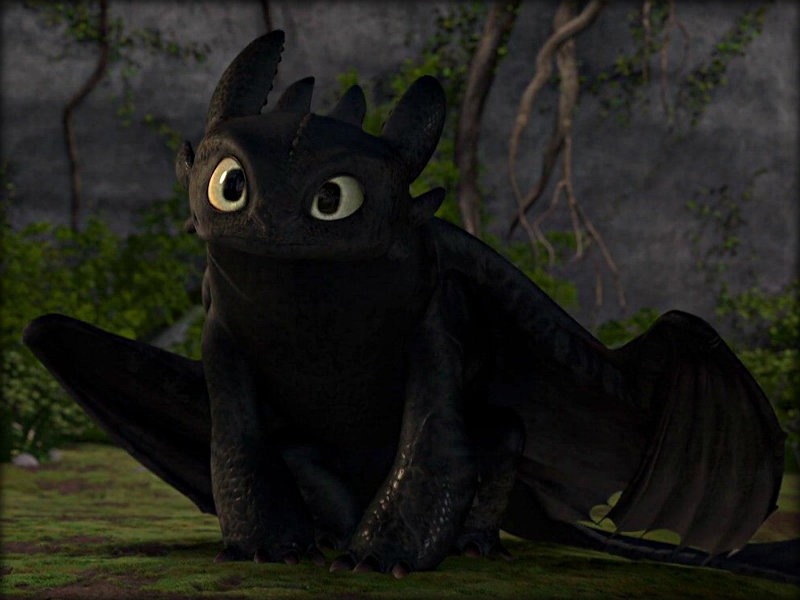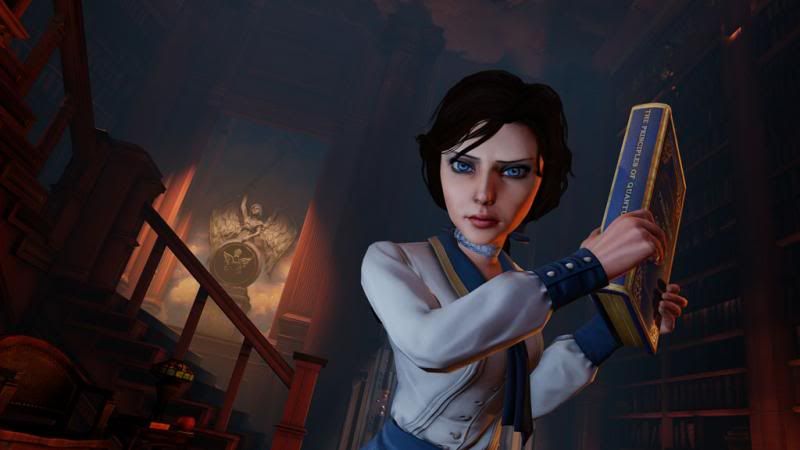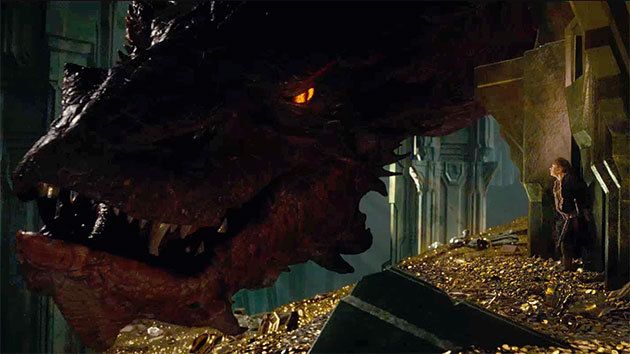Our stories are rife with mythological creatures. The minotaur, the phoenix, the hydra, ogres and fairies and vampires and wizards – the list is exhaustive. While I’m a fan of all of them, writing about some and playing others, there’s yet to be a creature that, in my mind, truly outshines the dragon.

It’s not just that these are giant lizards that can not only fly but also breathe fire (or ice or lightning or toxic gas or acid). The thing that tips dragons over into my mental tray of ‘best things ever’ is the fact that they’re highly intelligent. While the Minotaur rages through the corridors of a labyrinth, and hydras try to feed all of their various heads, dragons often have agendas. Even if that agenda begins and ends with “roll around in enough gold to make Scrooge McDuck jealous.”
This isn’t always the case, of course. At times, dragons are simply smart animals. But intelligence is intelligence. For a case in point, I highly recommend How To Train Your Dragon. Specifically, play close attention to the character of Toothless. Without speaking a word of dialog, Toothless communicates exactly what he’s thinking and how he feels. He moves naturally, like a large lizard would, but he also has the body language and expressions of a very intelligent being. In addition to being a compelling character, and the adorable and unique mascot of an excellent storytelling series, he’s an exemplary dragon.
When it comes to articulate dragons, there are other examples. Draco from Dragonheart is a noble creature, while Smaug from The Hobbit is completely malevolent. Both are ancient and noble, in their own way, both are the last of their kind and both are massive in size with speed that belies their bulk. But while they’re similar in form and function, their characters are very different. Draco is interested in survival, and when presented with an opportunity to make something of himself, he tries to bring out the best in those around him. Smaug, on the other hand, is a creature of pure pride and avarice, reveling in his bountiful lair, and when a certain barrel-rider stumbles in, Smaug toys with it the way a cat toys with a mouse. Draco sees humanoids as both potentially dangerous and capable of better natures; Smaug can only perceive vermin to be exterminated.
Dragons, like our heroes and our villains, come in all shapes and sizes. But they are always fascinating, often beautiful, and terrifying in their core natures. Even exemplars like Toothless and Draco are still powerful, mythical creatures; dragons are true apex predators no matter how they express themselves. That’s part of what make them so interesting. Dragons that feature in the stories that stick with us either defy or indulge in their natures, and in both, they become reflections of ourselves. Like any good characters, they’re people, even if they have scales on. The lens that takes the shape of a dragon is an interesting one, and always will be.




